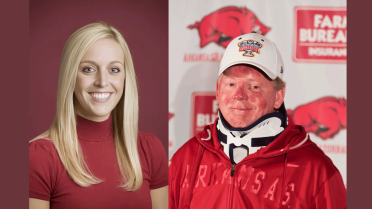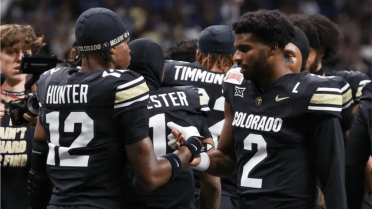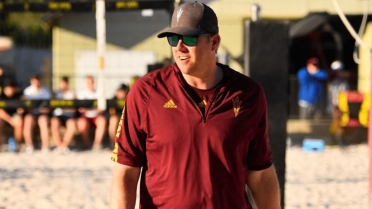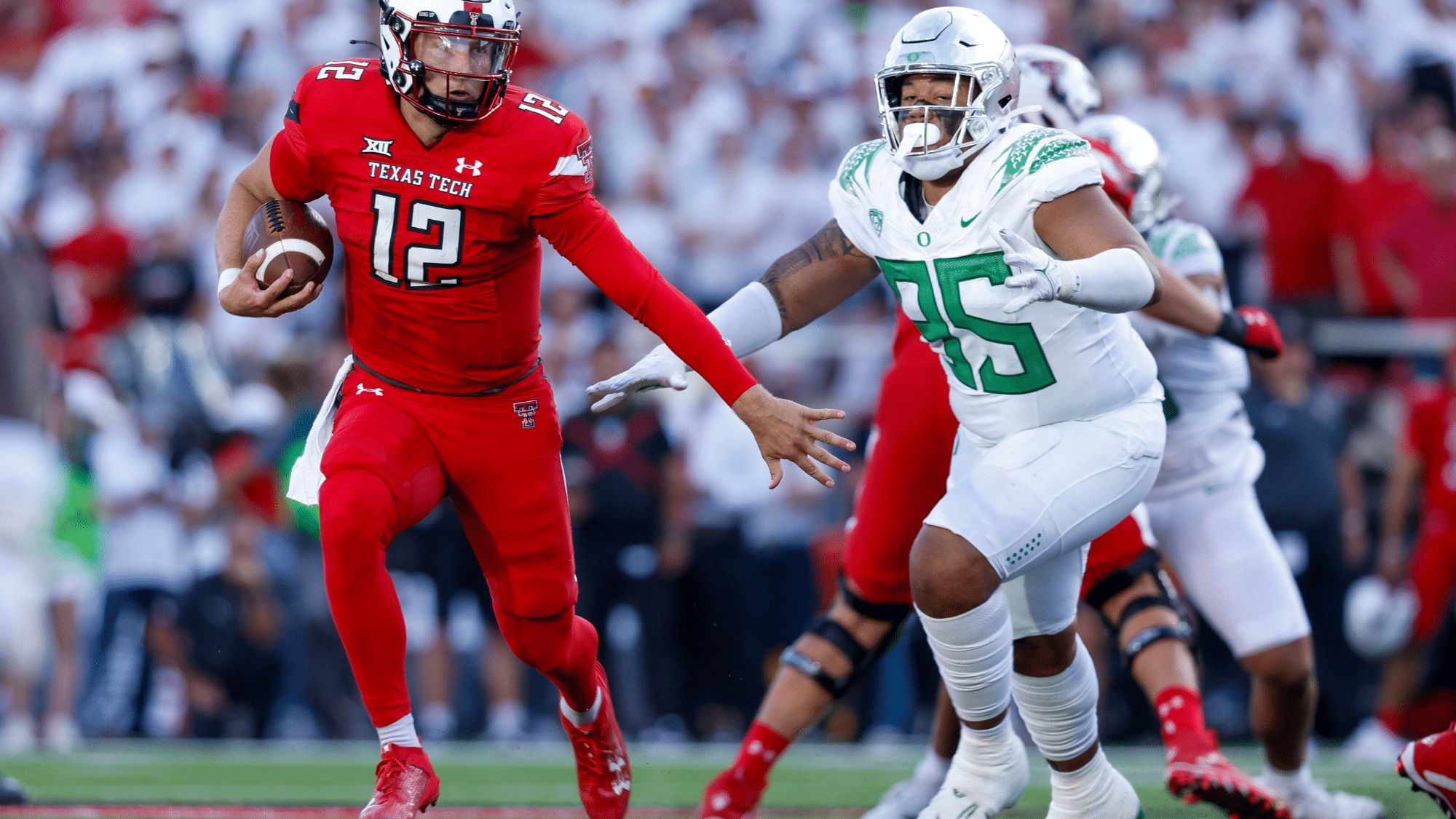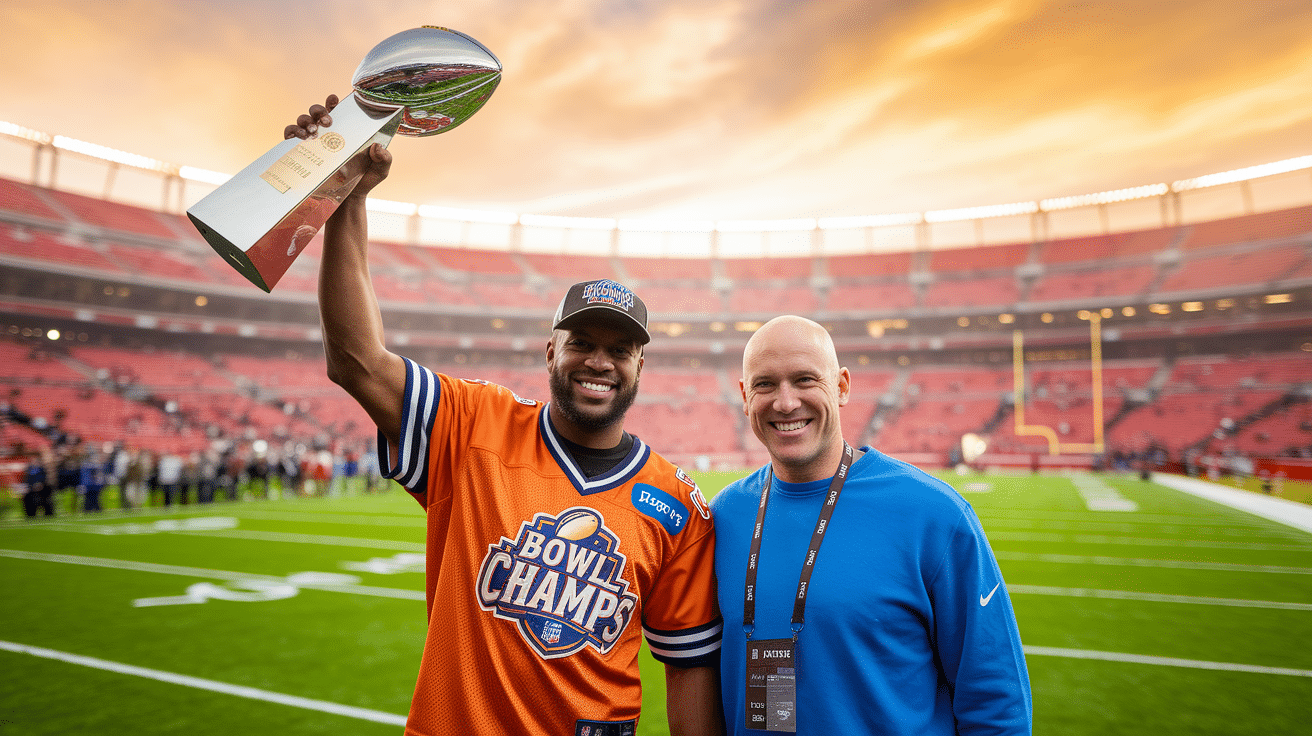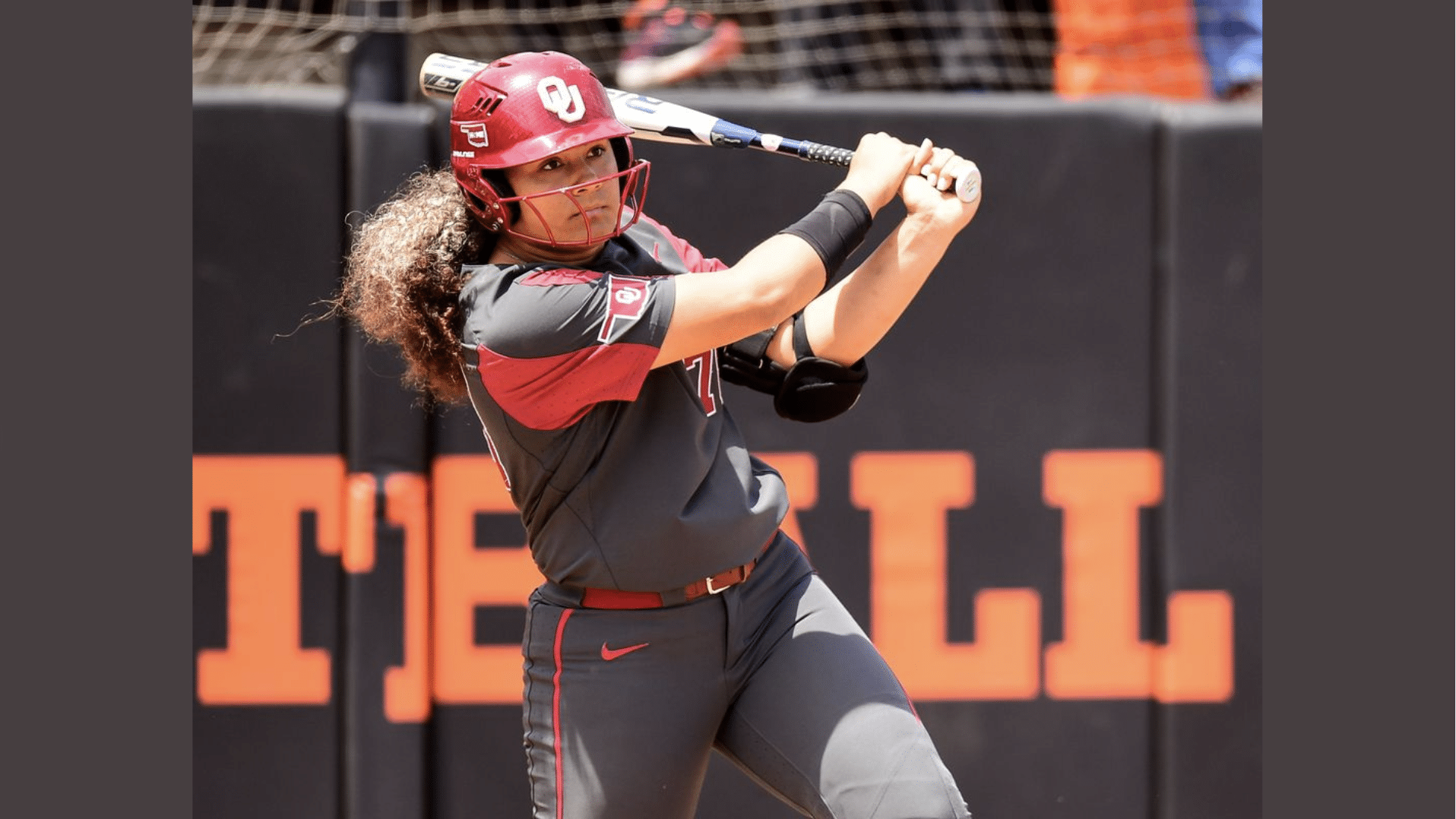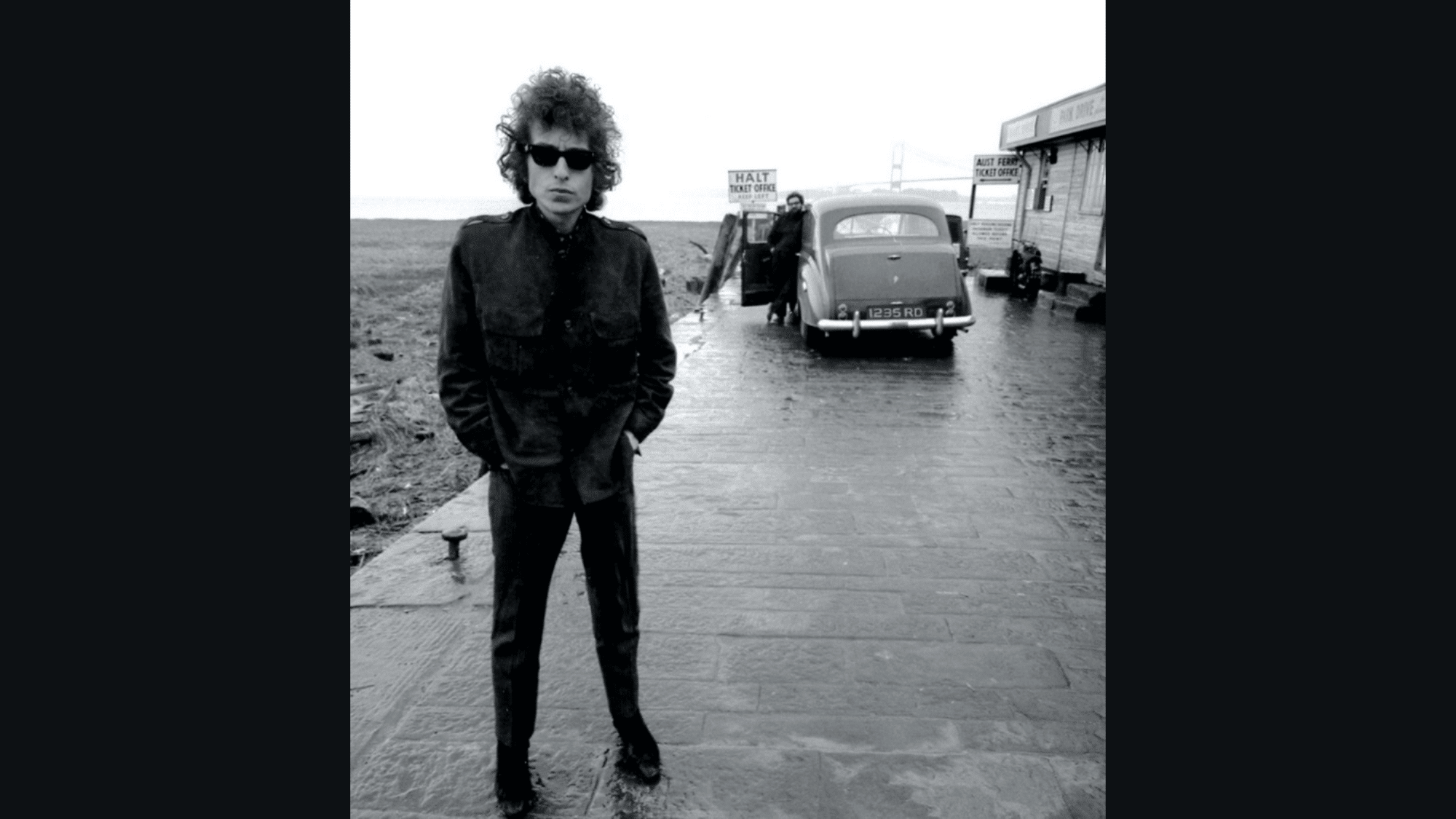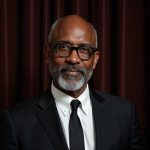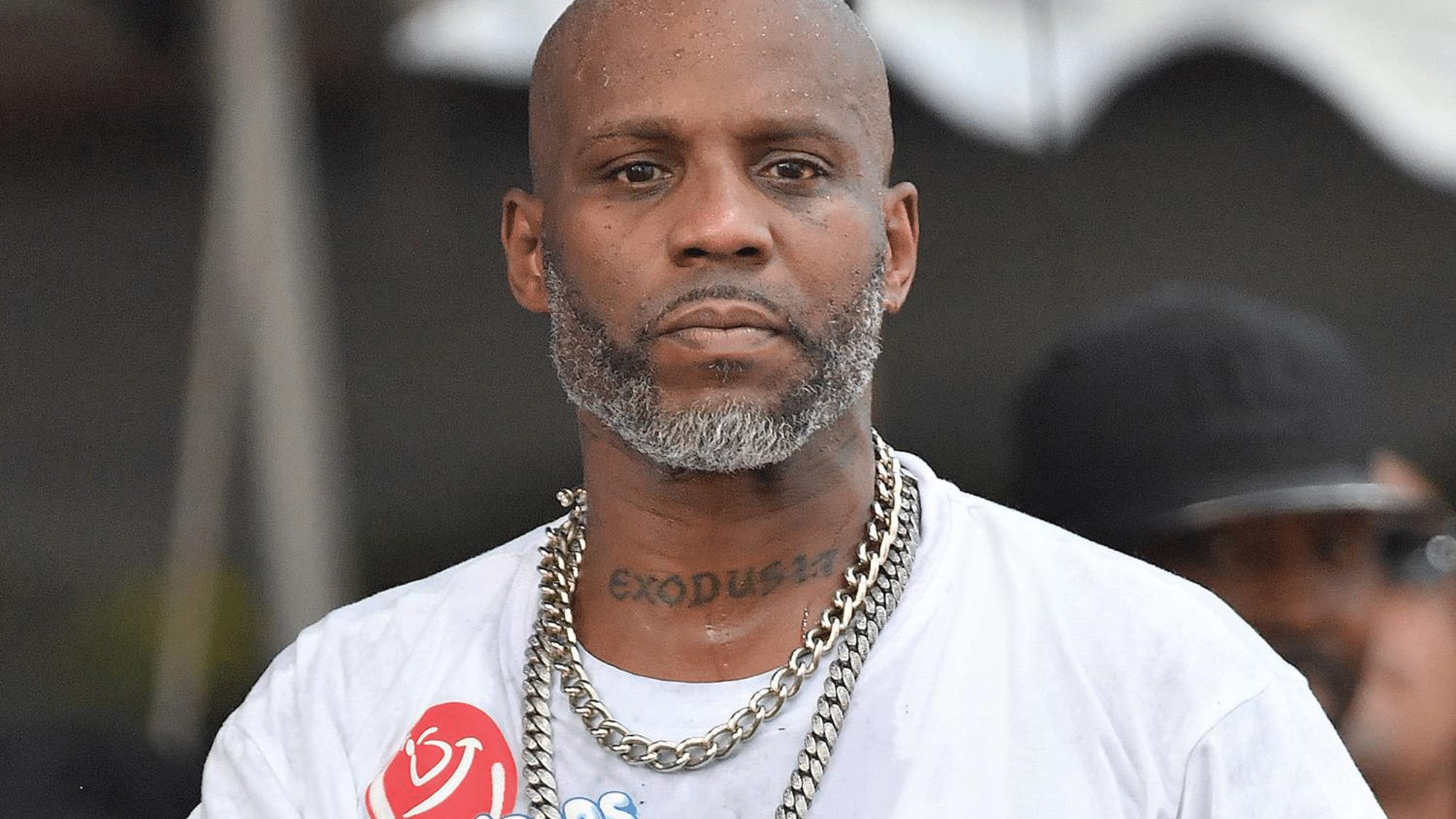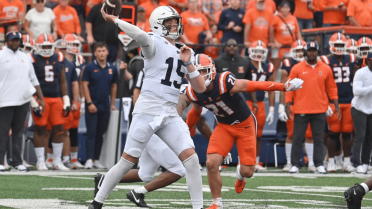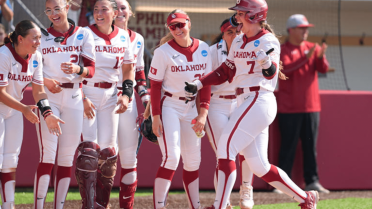Top Stories
The Zodiac Killer case remains one of America’s unsolved mysteries, having captured the attention of true crime enthusiasts and investigators for over five decades. If you are searching for the most recent news, updates, and developments related to the Zodiac
Are you curious about how many albums Drake has released so far? We have got you covered! From his start on Degrassi to becoming one of the biggest names in music, Drake has dropped hit after hit. But with studio
LATEST
Top Stories
Supplements can help fill gaps, but they work best when you know what your body actually needs. Start with your habits, your diet, and how you feel day to day. Then build a simple plan that favors safety, quality, and
LATEST
Top Stories
Celebrity outdoor spaces always look effortless in photos. An infinity pool at golden hour, a perfectly graded lawn, a deck that flows straight into an outdoor kitchen. Everything feels polished, intentional, and magazine-ready. What those listing photos never show is
Welcome to cuindependent, your space for bold ideas, fresh perspectives, and engaging stories. We bring you content that informs, inspires, and sparks conversation.
Stay connected — subscribe to our newsletter and never miss an update!
Explore
Our Picks
From inspiring artistry to achievements in sports and beyond, we bring the highlights.
A curated view of stories shaping conversations across fields today.
Some games aren’t just played, they are felt in the soul. These iconic rivalries go beyond the scoreboard, turning into battles of pride, passion, and identity that echo across generations. Whether it’s football in Argentina or cricket in India, these matchups light up stadiums, stir entire nations, and write unforgettable chapters.....
Fall is a magical season filled with vibrant colors, changing leaves, and endless creative inspiration. For teachers and parents, it’s the perfect time to introduce fall art projects that help children explore textures, colors, and nature while developing fine motor and creative skills. If you’re planning a classroom craft or.....
more
Meet Our Team
At CU Independent, we’re committed to delivering real, bold, and honest stories. Get to know the passionate team behind the content!
Samantha Lee
(Editor-in-Chief)
Dr. Alex Thompson
(Senior Features Writer)
Meet Our Team
Hootie & the Blowfish is a beloved American rock band, best known for their chart-topping hits in the 1990s. Formed in 1986 in Charleston, South Carolina, the band quickly rose to fame with their unique blend of pop, rock, and blues. Their catchy songs and relatable lyrics connected with fans, making.....
Before anyone visits a dealership or schedules a test drive, most car shopping begins online. Potential buyers compare models, open multiple tabs, and look up car specifications they (probably) won’t even remember a few days later. The modern car search starts with curiosity, not commitment. New research from AutosToday analyzed estimated.....
Silica dust exposure is one of those things that people rarely think about. Yet, it can lead to a serious medical diagnosis that can turn your life upside down. So, if you have been diagnosed with silicosis or any kind of lung disease that could be linked to quartz countertop fabrication.....
When a plumbing issue arises in your Charlotte home, finding a skilled and reliable professional is as critical as the timely resolution of the problem. In 2019, the Charlotte metropolitan area saw an uptick in residential construction by 16%, which implies a significant demand for trustworthy plumbing services due to new.....
Our Contributors
As Seen On












